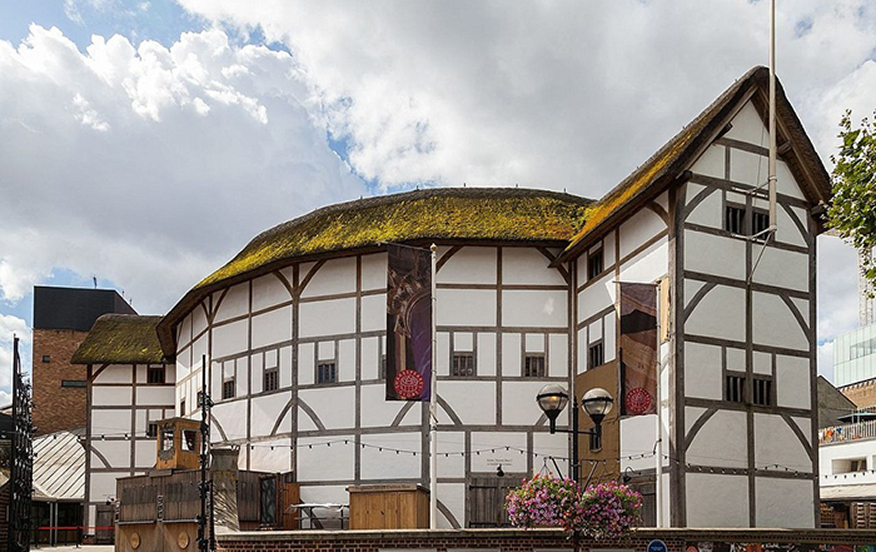Theatre in the United Kingdom holds a unique place in the world of performing arts, blending centuries of tradition with cutting-edge innovation. From the iconic works of William Shakespeare to contemporary experimental productions, British theatre has shaped cultural history and continues to captivate audiences worldwide. Its stages, from grand West End theatres in London to intimate regional playhouses, offer a diverse experience reflecting the nation’s creativity, social commentary, and artistic excellence.
Advertising
1. The Legacy of Shakespeare
No discussion of British theatre is complete without William Shakespeare, whose works have defined English drama for over four centuries. From tragedies like Hamlet and Macbeth to comedies such as Twelfth Night and A Midsummer Night’s Dream, Shakespeare’s plays explore universal themes of love, power, ambition, and human folly.
The Globe Theatre in London, a faithful reconstruction of the original Elizabethan playhouse, allows audiences to experience Shakespeare’s works much as they would have been performed in the 16th century. The open-air stage, thrust design, and minimal sets encourage a focus on language, performance, and audience interaction. Shakespeare’s influence is not limited to the past; modern adaptations and reinterpretations continue to appear on stages across the UK, keeping his legacy alive.
2. The Rise of the West End
London’s West End is the heart of commercial theatre in the UK, akin to Broadway in New York. It is home to large-scale musicals, drama productions, and long-running shows that attract tourists and locals alike. Iconic productions such as Les Misérables, The Phantom of the Opera, and Hamilton demonstrate the West End’s ability to blend spectacular design, music, and storytelling.
West End theatres offer an immersive experience with lavish sets, state-of-the-art lighting, and world-class acting. While musicals dominate the district, dramatic plays, comedies, and experimental works are also regularly staged. The West End has become a global symbol of British theatre’s excellence, drawing audiences from all corners of the world.
3. Regional Theatre and Community Productions
Outside London, the UK boasts a vibrant network of regional theatres that contribute to the cultural fabric of their communities. Cities like Manchester, Birmingham, Edinburgh, and Bristol host professional companies producing a mix of classics and contemporary plays.
The National Theatre of Scotland and The Royal Exchange Theatre in Manchester exemplify this regional excellence. These theatres often explore local stories, social issues, and experimental formats, making theatre accessible and relevant to diverse audiences. Community theatres, amateur groups, and touring companies further enrich local cultural life, fostering talent and providing opportunities for engagement with live performance.
4. Modern British Theatre: Innovation and Diversity
Contemporary British theatre is marked by innovation, diversity, and a willingness to tackle challenging topics. Playwrights such as Caryl Churchill, Mark Ravenhill, and Dennis Kelly have pushed boundaries with experimental structures, nonlinear narratives, and provocative themes.
Themes in modern productions often reflect current social issues, including identity, immigration, politics, and technology. Immersive theatre experiences, site-specific performances, and multimedia integration are increasingly common, allowing audiences to engage with stories in unique ways. This evolution ensures that British theatre remains dynamic, relevant, and reflective of contemporary society.
